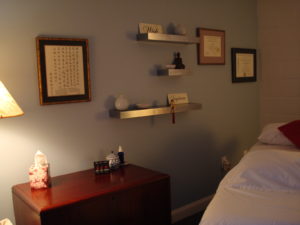Time of Service fees
(for uninsured or underinsured individuals and families*)
ADULT:
| Adult Acupuncture Initial Virtual Office Visit 30 min |
|
No Charge |
|
| Initial Acupuncture Treatment (After Initial Virtual Office Visit above) |
|
$90.00 |
|
| Acupuncture Follow Up Treatments |
|
$90.00 |
|
PEDIATRIC:
|
|
| Pediatric Acupuncture Initial Virtual Office Visit 30 min |
No Charge |
| Pediatric Initial Acupuncture Treatment (After Initial Virtual Office Visit above) |
$75.00 |
| Pediatric Acupuncture Follow Up Treatments |
$75.00 |
We accept cash, check, Venmo, Master Card and Visa at time of service
Have an HSA?
Time of Service fees for acupuncture are considered a Qualified Expense
under most Health Savings Account plans.
*This discount policy has been developed to assist uninsured and underinsured patients to access acupuncture services and other related services provided.
A patient that does not have any health insurance coverage effective for a specific service due to network limitations, insurance benefit exhaust or other non-covered is eligible for a discounted rate that reflects 45 to 55 percent of the customary and usual fees for such services for the geographic region.
Time of service fees are determined on a per session basis rather than per unit basis to assist uninsured and underinsured individuals in their financial planning and decision-making while pursuing their health care goals.
(Detailed Time of Service Discount policy and calculations available upon request)
